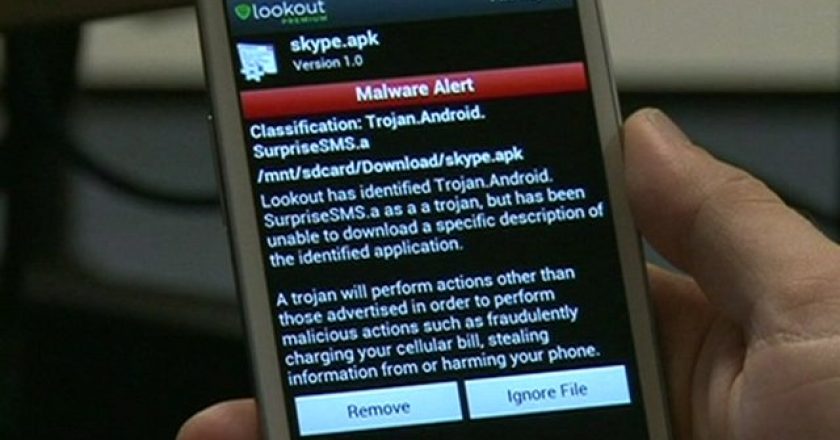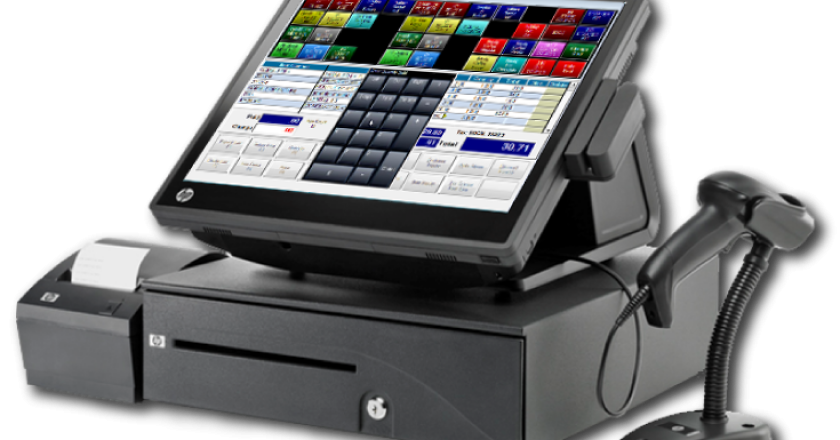The number of mobile malware apps has jumped 614 percent in the last year, according to studies conducted by McAfee and Juniper Networks.


The number of mobile malware apps has jumped 614 percent in the last year, according to studies conducted by McAfee and Juniper Networks.

A persistent, widespread malware campaign that utilises compromised Apache servers is locking users’ computers and demanding a fee of $300 to free their data.

Malware modifies localised versions of social networks, banks and e-commerce sites when accessed from infected computers.

The creation of Android malware is now mature enough for there to be development cycles that mimic those of the legitimate software world, a report from Juniper Networks has concluded.

While important, Google’s new policy of scanning apps for malware before making them available on the official Chrome Web Store falls short of providing maximum protection, one expert says.

The source code for the Carberp banking Trojan program is being offered for sale on the underground market at a very affordable price.

Hackers have found a devious new way to disseminate malware: They’re using peer-to-peer networks.

A new variant of the Citadel financial malware is targeting users of the Payza online payment platform by launching local …

The amount of cyber-criminal activity associated with the Zeus family of financial Trojan programs has increased during the past few …

Bit9 has teamed with FireEye and Palo Alto Networks, which each have sandboxing technologies, in order to share information related to zero-day attack …

The computer virus seems to be making a subtle comeback. The term virus is frequently used as a catch-all for …

Hackers are finding it pays to call ahead before sending malware-laden email. Symantec has seen what it describes as a …

A cybercriminal has taken to selling his malware and related services on Facebook, boldly choosing a public forum to reach …

Researchers following a cyber espionage campaign apparently bent on stealing drone-related technology secrets have found additional malware related to the …

Researchers from security vendor FireEye have uncovered a new APT (advanced persistent threat) that uses multiple detection evasion techniques, including …

A new piece of malware that infects point-of-sale (POS) systems has already been used to compromise thousands of payment cards …

A new piece of custom malware sold on the underground Internet market is being used to siphon payment card data …

China and India were the top two “victim” countries in the Asia Pacific, according to a recent Web threat report. …

A version of MiniDuke, the cyberspy malware aimed at governments and agencies in Europe and elsewhere, has been operating for …